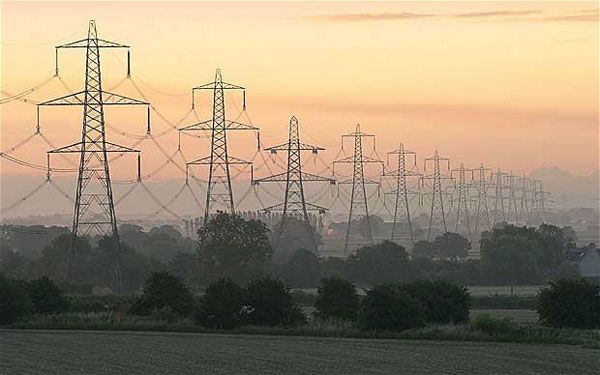Britain’s National Grid has announced that emergency measures are going to be introduced to prevent the “lights going out” this winter.
Making a Mess of Power Supply
Energy investment banker Allen Brooks says this is “an unintended consequence of the UK’s green energy plan that has forced the closure of fossil fuel and nuclear plants,” pushing the nation’s surplus power availability “to a razor-thin margin that might disappear this winter” as a result of power-plant outages.” It may also be caused by “lack of renewable energy at times when the wind doesn’t blow and the sun doesn’t shine.”
Emergency measures include compensation for offices and factories that agree to shut down for up to four hours a day to provide capacity for households, and asking owners of old fossil-fuel generating plants that we shut down to reopen before the start of winter.
Those such as former US vice-president Al Gore who argue that renewables increasingly make “good economic sense” because they’re heading towards commercial viability — the cost of solar panels has halved over three years – ignore “the costs associated with the intermittency of the power output,” Brooks says.
“Wind farms do not generate power when the wind isn’t blowing, and solar power isn’t produced during the night. Electricity demand also varies… in ways that the output from wind and solar may not match.”
A recent cost-benefit analysis by Charles Frank of the Brookings Institute that takes into account all the costs of building and running power plants, including the costs of dealing with intermittency through providing standby power, shows that wind and solar are much more expensive using the standard measure of “levelized” cost.
“Solar power is the most expensive way to reduce carbon emissions. Wind turns out to be the next most expensive, with hydro-power providing a modest net benefit. The most cost-effective zero-emission technology is nuclear power.”
copyright: Martin Spring of OnTarget






















